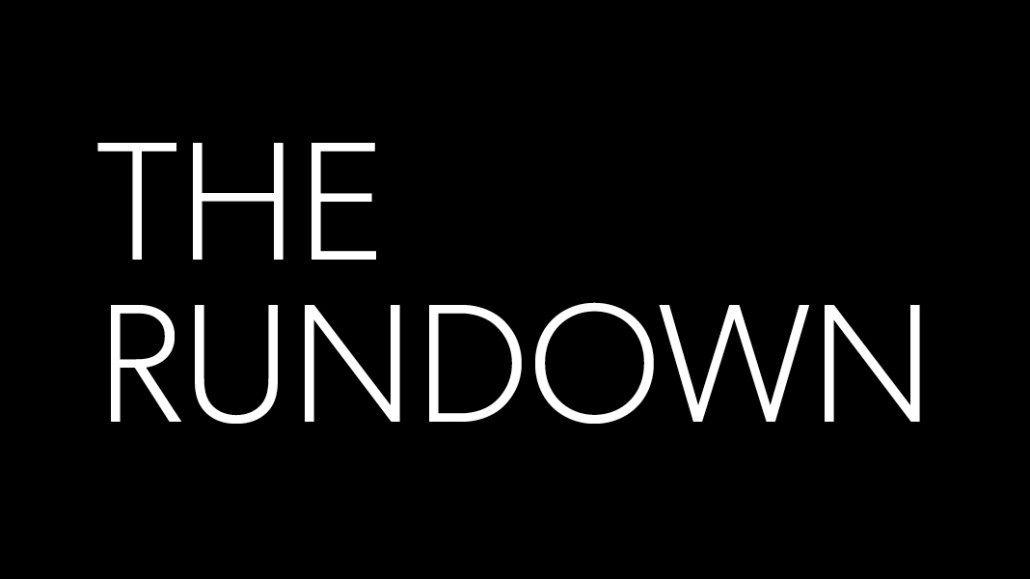
Google and Facebook are making a big show of demonstrating their interest in helping news publishers. Subscriptions are a good way for them to do this; subscription publishers include powerful news outlets that are good for platforms to cozy up to, and it also lets the platforms show they’re looking out for high-quality news, especially after taking major heat for letting fake news spread on their platforms.
To that end, Google and Facebook — the tech companies that so far have gone the furthest in working with publishers — have rolled out tools to let publishers sell subscriptions through their platforms. These initiatives are long in coming, but it’s too soon to pop the Champagne just yet. Both are limited to a handful of publishers — Subscribe with Google rolled out in April with 17 publishers, while Facebook has been testing its subscription tool with a dozen publishers. Neither has given a time frame for when those tools will be available to all publishers.
It’s also far from clear how big an impact these tools can have on driving subscriptions in the first place. Consider Facebook. It’s still the biggest social network, with more than 2 billion monthly users. But news isn’t the primary reason those people come to Facebook in the first place, and that’s declining. According to the Reuters Institute’s most recent Digital News Report, the share of people who used social media as a source of news declined 6 percent, to 45 percent, in the past year after climbing for years. This trend is true for most other countries, too, and it’s mostly driven by Facebook, where news consumption via Facebook is down 9 percentage points in the United States and 20 points with younger age groups.
Publishers participating in Facebook’s subscription test indicated that they don’t see Facebook as a significant subscription driver. As one publisher in the test group told me, the subscription volume that Facebook is producing “remains smaller than what we need it to be.”
The other platforms have their limitations, too. As people seek out news on Google, it may have a better chance at driving subscriptions, but it’s too early to say after two months how well that experiment is faring, and there are only 17 publishers in the test group. Google also holds on to the buyer’s credit card information, making it hard for publishers to upsell them to other products. And as Digiday’s Max Willens has reported, Amazon and Apple limit the customer data they give publishers.
Then, there’s the question of the platforms’ commitment to subscription initiatives. Neither Google nor Facebook’s businesses will rise or fall based on publishers’ subscriptions. (Only Google is taking a revenue cut, and it’s not going to be meaningful to Google’s bottom line.) And both have a history of testing a lot of things and ending support for them when they lose interest.
Publishers have already learned the danger of expecting too much from the platforms when it comes to sustainable ad revenue and audiences, and it’s a lesson that applies to the great hunt for reader revenue, too.
More in Media

In Graphic Detail: The scale of the challenge facing publishers, politicians eager to damage Google’s adland dominance
Last year was a blowout ad revenue year for Google, despite challenges from several quarters.

Why Walmart is basically a tech company now
The retail giant joined the Nasdaq exchange, also home to technology companies like Amazon, in December.

The Athletic invests in live blogs, video to insulate sports coverage from AI scraping
As the Super Bowl and Winter Olympics collide, The Athletic is leaning into live blogs and video to keeps fans locked in, and AI bots at bay.





